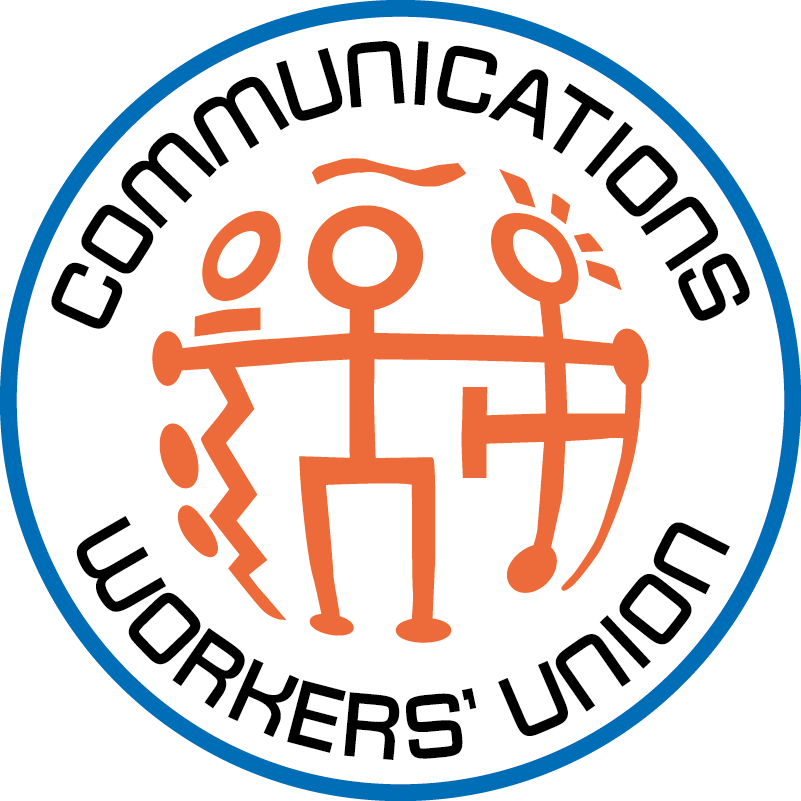GSE 02-25 eir Fault Management System
07/November/2025
Description
As our members are well aware, the rollout of the new Fault Management System (FSM) nine weeks ago has led to widespread disruption. Technicians have been dispatched across the country without access to essential information such as Eircodes, cable records, fault history, and test results. In many cases, this data was either missing or buried behind multiple tabs and links, making it difficult to locate and use effectively.
Feedback from members has made it clear that the launch and operation of FSM has caused significant frustration, confusion, disappointment, and disbelief. The increased workload has affected Controllers, Technicians, contact centres, and management alike. Not to mention the impact on customer service dealing with angry customers and reputational damage that comes with this level of customer frustration. Morale among staff has plummeted, and trust in the system is severely damaged.
CWU members have always shown a strong commitment to doing a good day’s work. The current system is making that impossible.
It’s important to note that the CWU was not involved in the development or implementation of FSM. We raised concerns about its promised capabilities from the outset. The responsibility for this
introduction lies squarely with the company. The CWU believes the system was rushed into service without proper testing – another example of the NJJ approach: “launch first, fix later,” with little regard for the impact on the people who must use it.
In response, the CWU established a working group to help make the system functional. Our members know what’s needed to get the job done, and since the company has struggled to resolve the issues, we stepped in to assist. Branches submitted numerous concerns, and the group prioritized the following key areas:
- CSO/auto-dispatch sending technicians nationwide
- A user app that is not intuitive or informative
- Tracking-related concerns
- Access to test results
- Visibility of fibre faults
The working group has met regularly with the company. A total of 200 issues were identified, along with 32 change requests. The auto-dispatch function (CSO) emerged as the most problematic, turning simple controller tasks into time-consuming challenges and scattering work assignments across the country. Early on, the company reverted to manual fault dispatching and created controlled test areas to trial fixes. Work also began on a more user-friendly app.
The company committed to ensuring tracking would not be used for disciplinary purposes (e.g., GPS or ENSUP). Improvements to the app now include test results, and there’s recognition that training was inadequate – with plans for more advanced training to begin the week November 17th.
As is often the case with IT issues, blame was quickly directed at our members for compliance-related matters (e.g., enroute, on-site, complete). The CWU strongly rejects this unfair attribution of blame on our members.
As of the week ending November 1st, the company informed us that most of the 200 issues had been resolved and that Phase 2 of the FSM rollout would begin on Monday, November 3. They expressed confidence in a successful relaunch.
Feedback from the relaunch is that it did not go well however, following a bug fix on the app, on Tuesday 4th work was distributed somewhat successfully to technicians. As there are high volumes of faults most of the country is in “storm mode” resulting in some longer travel towards fault clusters.
The CWU is left with very little choice but continue engaging with the company to resolve outstanding issues and establish workable solutions where fixes are not possible. There are no viable alternatives at this stage. The previous system Advantex, is no longer supported internally or externally, and its licences have expired. Procuring a new system is not feasible due to the time required to source, configure and implement it. The redesigned app is expected within weeks and will be developed to include an additional “suspend” option.
If the relaunch of the CSO function proves unsuccessful and the company reverts again to manual fault dispatching, we believe additional controller resources must be provided. This is essential to reduce the pressure on existing staff and ensure meaningful work is efficiently assigned to field technicians. The company must make this system work – not only for our members, but also for the customers who rely on their service. The company must also resolve these issues from a business continuity perspective.
It is also important to clarify that the FSM system, once fully operational, functions on real time data – unlike Advantex. This means it actively monitors key stages such as “enroute” “on site” and “fault jeopardy”. However, there has been no change to deployment policy, and there is no expectation of unreasonable travel. FSM is built on the same core principles as Advantex: technician start location, fault availability, SLA prioritisation.
The introduction of FSM represents more than just a system change, it marks a significant shift in how our members operate. Customer service standards are now at the forefront, and adapting to this new way of working will take time. Building confidence in the system is a gradual process, but for the benefit of all, it’s essential that both the system and the processes function effectively. The CWU remains fully committed to supporting our members through this transition.
We would also like to extend our sincere thanks to our members for their patience and resilience during what continues to be a challenging and high-pressure working environment. Controllers and those in customer-facing roles and interacting with customers are feeling the strain. As you know, the CWU has secured an agreement with the company ensuring that this transitional period will not negatively impact bonus calculations.
Given the current circumstances and the toll on staff morale, we believe it would be appropriate for the company to recognise the efforts of our members with the bonus payment they deserve.
